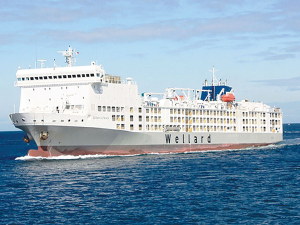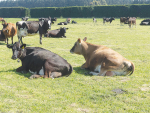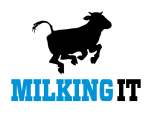Rather than banning live animal exports, New Zealand should raise the standards required of the industry.
That's the message from Live Animal Export New Zealand (LENZ) in response to a call by animal welfare campaigners to maintain the ban on livestock exports imposed by the previous Government.
Save Animals from Exploitation (SAFE) launched a nationwide campaign last week, urging the new Government to preserve the ban. The campaign is calling on New Zealanders to add their names to a parliamentary petition. Headed by former chair of the National Animal Welfare Advisory Committee (NAWAC), Dr John Hellstrom. SAFE claims the prohibition on live export by sea, enforced in April 2023, sets a global standard for animal welfare.
But the coalition Government intends to remove the ban and legislation around higher standards of animal welfare for exporters could be introduced in Parliament later this year.
A LENZ spokesperson told Rural News that it supports the Government's requirement that livestock exports can be reinstated while ensuring the highest standards of animal welfare.
"The wellbeing of animals is a primary concern for operators across the livestock export supply chain.
"Research shows that this commitment to animal welfare aligns with the view of New Zealanders."
The research commissioned by LENZ in December 2022 shows that there is strong confidence among New Zealanders that regulation can hold industry accountable and ensure it does the right thing.
The report says the ban results in a net cost to farmers of around $49,000 to $116,000 a year per farm, costs incurred by around 1060 to 2900 farms.
Overall, the ban is likely to impose a net monetised cost to national wellbeing of around $475m annually in the short run and around $320m on an ongoing basis.
Costs to animal welfare of a ban include increased bobby calves slaughtered by around 150,000 calves per annum.
But SAFE chief executive Debra Ashton says overturning the ban on live export would not only jeopardise the welfare of animals, but also undermine the progress made for the country.
“It is essential for the Government to prioritise the best interests of New Zealand’s animals and listen to the voices of concerned citizens who advocate for their rights and welfare.”



















